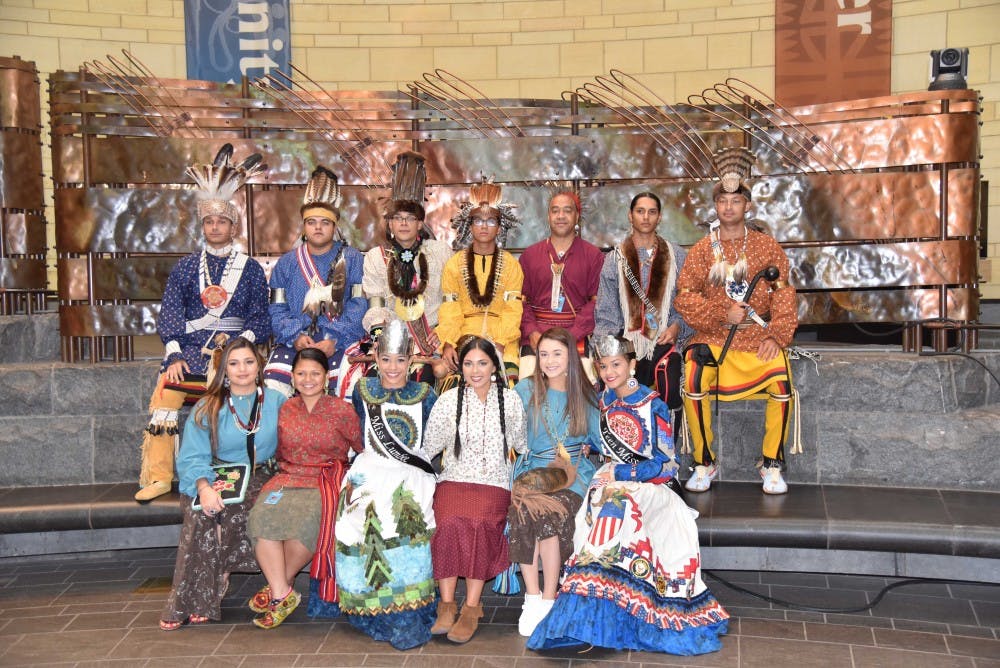Rep. Robert Pittenger, R-N.C., attained a congressional hearing for The Lumbee Recognition Act, a bill that will fully federally recognize the Native American tribe located in southeastern North Carolina.
In a testimony before The House Natural Resources Subcommittee on Indian, Insular and Alaska Native Affairs on Sept. 26, Pittenger said language in an outdated bill — The Lumbee Act of 1956 — is barring the Lumbee Tribe from full federal recognition.
“Congress provided a unique status to the Lumbee — they recognized the Lumbee as American Indians, but stated they would not be eligible for benefits related to federal recognition,” Pittenger said.
Amy Hertel, the director of the UNC American Indian Center, said full federal recognition of the Lumbee Tribe will have a direct impact on campus.
“It will change the way that others will engage Lumbee people and the Lumbee Tribe,” she said. “It’ll bring a new awareness on campus for students, faculty and staff.”
As a Lumbee herself, Hertel said the importance of the bill has wide ramifications.
“It’s an issue that drills down to the health and well-being of the Indian people," she said. "But it’s also an issue of pride and identity for our young people."
Ryan Dial-Stanley, a sophomore Lumbee student at UNC, said he hopes full federal recognition will silence critics of Lumbee roots.
“I’ve heard some people say that we aren’t even Indian," he said. "I’ve heard people say that we’re just a tribe invented by the government — some people even think that the name Lumbee was made up. It hurts.”



